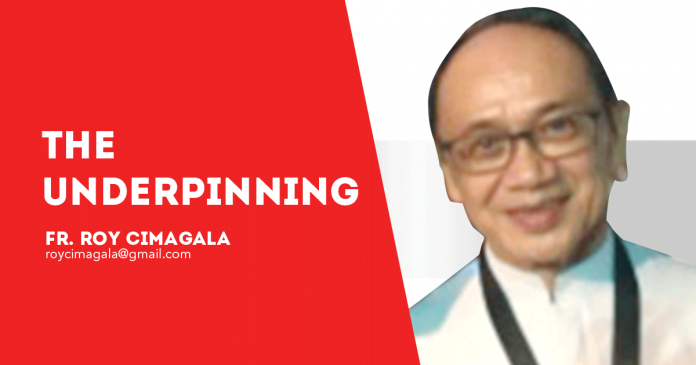
IN THE gospel, there is a part where Christ warns us about false prophets. (cfr. Mt 7, 15-20) “Beware of false prophets, who come to you in sheep’s clothing, but underneath are ravenous wolves,” he said. “By their fruits you will know them.”
We cannot deny that the world today is awash with false prophets and demagogues. It even looks like there is an infestation. Whether we look at the fields of politics, business, the sciences, sports and entertainment, and, worst of all, religion, we can readily find dishonest and corrupt leaders, false prophets and lying teachers.
It actually should be no surprise. Since time immemorial, and even during the time of Christ, these people proliferated. Our human condition, if not grounded on God, is vulnerable to it. We can´t help it. Our world can easily produce the caustive elements and factors. And we can never run out of potential materials.
Such sad phenomenon should remind us of our duty to take more seriously our prophetic duty. This duty is incumbent on everyone, obviously in varying ways. This is what the Catechism teaches regarding this duty:
“The holy People of God shares also in Christ’s prophetic office,” above all in the supernatural sense of faith that belongs to the whole People, lay and clergy, when it “unfailingly adheres to this faith . . . once for all delivered to the saints,” and when it deepens its understanding and becomes Christ’s witness in the midst of this world.” (785)
We therefore need to study seriously the doctrine of our Christian faith, making such doctrine flesh of our flesh in such a way that we can truly personify Christ himself. Let’s remember what Christ told his disciples which can be applied to us who believe in him: “He who hears you hears me, he who rejects you rejects me, and he who rejects me rejects him who sent me.” (Lk 10, 16)
This is, of course, a test of faith for us, since we are always given the choice of either believing in what God through Christ in the Spirit and now in the Church teaches us, or sticking to our own views and personal beliefs.
Of course, that faith has to be translated into deeds and life itself. For this, we have to avail of some effective means and practices to keep that faith alive, that faith that should lead us to hope and charity. As much as possible, we have to be consistent in this way of life everyday.
These means and practices can be the frequent recourse to the sacraments, especially the Holy Eucharist, availing of some program of ongoing formation which should last till death, waging some ascetical struggle to continually develop virtues and fight off temptations and sin, coming up with a plan of life where we spend time for personal prayer and some devotions, especially that to our Lady.
It’s important that we put ourselves always in the presence of God, and see to it that our thoughts, desires and intentions, our feelings, words and actions, begin with God and end with him also. We have to be wary to give witness to Christ in our daily activities.
Let us always remember that everyday we should see to it that we are progressing in our lifelong journey to become more and more the image and likeness of God as God wants us to be.
This is what our prophetic duty entails./PN



